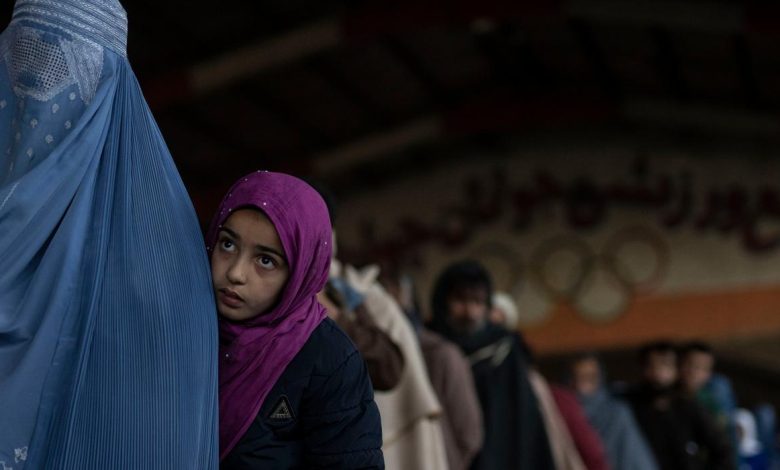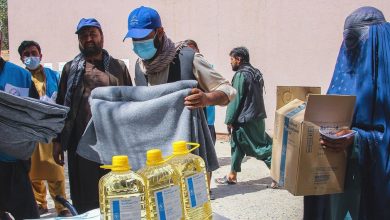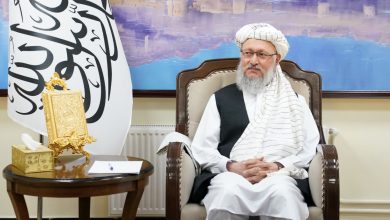
Human Rights Watch: The Taliban Have Created the World’s Most Serious Crisis for Women’s Rights
Reporter: Soma Hayat
Bayan News – Human Rights Watch has expressed concern in its latest report that the Taliban have created the world’s most serious crisis for women’s rights over the past three years.
Fawzia Fuad, a researcher on Afghanistan affairs at this organization, said on Monday (August 12) that women and girls are living in the “worst nightmares” under Taliban rule.
The Human Rights Watch report states that Afghanistan under Taliban rule is the only country in the world where girls above the sixth grade are barred from education.
Also, in this report, quoting Richard Bennett, the United Nations Special Rapporteur on the situation in Afghanistan, he described the deprivation of women and girls as an “institutionalized system of discrimination, segregation and disrespect for human dignity”.
Fawzia Fuad, the Afghanistan researcher at Human Rights Watch, said: “Under the abusive Taliban rule, Afghan women and girls are living in their worst nightmares.”
She emphasized that all governments must support efforts to hold Taliban leaders and all those responsible for serious crimes in Afghanistan accountable. Rights Watch said that in addition to intensifying restrictions on the rights of women and girls, the Taliban have severely restricted freedom of expression and the media, and have arrested and tortured protesters, critics and journalists.
The organization also referred to the humanitarian crisis in Afghanistan and stated that the cut-off of development aid has contributed to the humanitarian crisis in Afghanistan.
According to the United Nations Office for the Coordination of Humanitarian Affairs (OCHA), more than half of Afghanistan’s population is facing food insecurity, and women and girls are among those who have been severely affected by this crisis. Meanwhile, the United Nations’ humanitarian response plan for 2024 is facing a budget shortfall.
Human Rights Watch said the loss of foreign aid has severely damaged Afghanistan’s healthcare system and exacerbated malnutrition and diseases caused by lack of healthcare.
The entity has added that the Taliban’s ban on girls’ education will lead to a shortage of female healthcare workers in the future. Rights Watch has emphasized that donor countries must find ways to alleviate the humanitarian crisis without strengthening the Taliban’s repressive policies against women and girls.
Fawzia Fuad said: “The third anniversary of the Taliban’s rule is a bitter reminder of the human rights crisis in Afghanistan, but it must also be a call to action.”
She stressed that governments engaged with the Taliban must constantly remind the group that their abuses against women, girls and all Afghans violate Afghanistan’s commitments under international law.
Fuad emphasized that donors should create sustainable solutions to address the humanitarian crisis in Afghanistan and provide aid to those in need.
However, the Taliban government considers the issue of women an internal matter, and the current government authorities have consistently stated over the past three years that the rights of women and all Afghan people have been secured and there are no problems in this regard.
Furthermore, Taliban officials have repeatedly called on the international community and countries around the world not to interfere in Afghanistan’s internal affairs.







